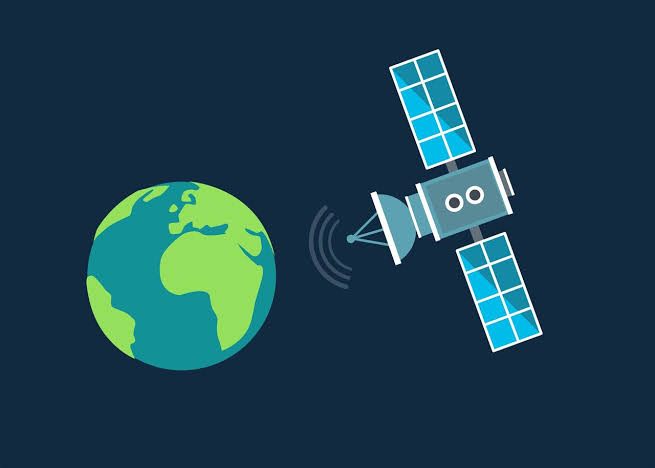Galileo’s Advanced System Faces Growing Threats
The European Union operates one of the most advanced global positioning satellite systems in the world, known as Galileo. This sophisticated network consists of 27 operational satellites positioned in medium-earth orbit (MEO). It provides highly accurate navigation and positioning data for millions of users across Europe and beyond. Galileo is widely regarded as the most precise system of its kind, even surpassing the American GPS in terms of accuracy.
However, despite its technological superiority, Galileo is not invulnerable. European leaders are growing increasingly concerned that this vital satellite network, along with its ground stations, could become a target in a future conflict with Russia. The ongoing war in Ukraine has heightened these fears, as European nations continue to support Ukraine while relations with Russia deteriorate.
To strengthen Galileo’s defenses against potential threats, the Spanish company GMV has been awarded a $30 million contract to upgrade the Galileo Reference Centre in Noordwijk, Netherlands. This enhancement aims to reinforce the system’s security and reliability. The planned improvements include a signal authentication service to prevent interference, an emergency warning system for public disaster alerts, and advanced search-and-rescue capabilities. These upgrades are expected to be fully operational by next year.
This initiative is part of Europe’s broader strategy to secure its critical infrastructure and reduce its reliance on external allies, particularly as geopolitical tensions continue to rise.
Russia’s History of Disrupting European Satellites
Russia has a long history of interfering with space-based assets belonging to other nations. Since 2014, reports have surfaced about Russian co-orbital satellites harassing sensitive European and French surveillance satellites in low-earth orbit (LEO). These incidents have raised alarms about Russia’s ability to conduct space-based espionage and sabotage operations.
Beyond physical interference, Russia has also been linked to multiple cyber and electronic warfare attacks targeting European satellite networks. These disruptions are often carried out through jamming and spoofing techniques, which can severely impact communication, navigation, and defense systems.
In one of the most significant cyberattacks on European satellite infrastructure, Russia allegedly targeted the UK-based satellite internet provider Viasat in 2022. This attack coincided with the early stages of the Ukraine invasion and disrupted communication networks across Europe. Since then, multiple European nations, including Sweden, Lithuania, Latvia, Estonia, Germany, Finland, and Poland, have reported repeated disruptions in their satellite navigation systems.
A particularly alarming incident took place in early 2024, when a 63-hour-long GPS jamming attack affected hundreds of aircraft flying over the Baltic region. Aviation authorities traced the source of the disruption to Russian electronic warfare units, demonstrating the extent of Russia’s capabilities in space-based warfare.
In addition to jamming, another tactic frequently used by Russia is spoofing. This involves hijacking a satellite’s signal and sending false location data to users. For example, a spoofing attack on Galileo’s network could trick a European cargo ship into believing it was in a safe shipping lane when it was actually dangerously close to a reef or shallow waters. Such attacks could lead to maritime accidents, environmental damage, or even loss of life.
Reinforcing Galileo’s Defenses
Recognizing these threats, European authorities have prioritized the security and resilience of the Galileo system. The $30 million GMV contract will focus on strengthening the network’s ground infrastructure, beginning with the Galileo Reference Centre in the Netherlands and later expanding to strategic locations in Belgium, Norway, and the Indian Ocean.
The primary objective of this initiative is to safeguard Galileo’s ground stations from cyberattacks, electronic warfare, and potential sabotage. The upgrades will introduce advanced encryption protocols to protect satellite signals, real-time monitoring systems to detect and counteract jamming attempts, and emergency response measures to mitigate disruptions.
Another crucial feature being implemented is the emergency warning satellite service, which will allow Galileo to broadcast alerts during natural disasters, such as earthquakes or severe storms. This will ensure that essential communication remains functional even in crisis situations. Additionally, the improved search-and-rescue capabilities will enhance the efficiency of operations aimed at locating missing individuals, vessels, or aircraft.
With these upgrades, the Galileo network aims to maintain its status as the most precise and reliable navigation system in the world. However, the growing threats from Russian interference highlight the need for continuous vigilance and innovation to protect Europe’s critical space infrastructure from emerging security challenges.




